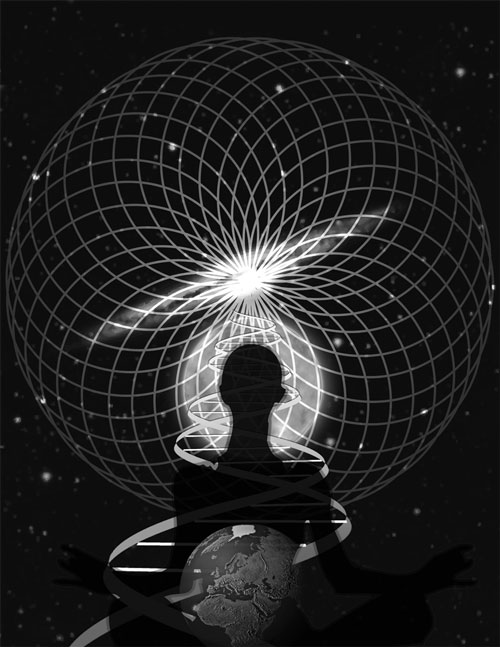
Wouldn't the answer to this question depend on the perspective and developmental stage of the person who believes? Of the two answers given, the 2nd (dynamic) approach seems most reasonable to me, though I am sure that some people are very static in their belief.
Is Our Personal Image of God Stable or in Flux?
Paul Froese answers.There are basically two opposing responses—both of which have merit. We know that longitudinal studies (those that follow individuals over a long period of time) tend to show that most people are pretty static in their religious beliefs and behaviors. In other words, people tend to stay within the religious tradition of their childhood and also tend to stick to certain basic religious attitudes throughout their lives. Unlike public opinion on contemporary issues—such as how you feel the president is doing on job creation, which can vary dramatically from day to day—religious indicators are reliably stable.
Of course, there are clear and often discussed exceptions. Religious conversions are interesting mainly because they are unusual. To completely swap or discard your religious worldview is a major development, and social science abounds with theories and studies attempting to explain these fascinating reversals. And there are a substantial number of people who drift away from their religious upbringing only to return when they have children. Young adults tend to eschew church for a number of reasons that are easily guessed. But more often than not, these individuals will again enter church doors with their neatly dressed children in tow and their minivans parked strategically for a quick exit.
But a second response is that a person's image of God can change by the minute. I say this mainly due to the fact that most believers have very complex and abstract ideas about their God, so that it would be easy in conversation to get someone to attribute a wide range of characteristics and dispositions to the divine. This is not to say that most believers are confused or insincere in their faith, but rather that the idea of God is so vast that it cannot be easily summed up by even the most devout believer. In sum, a person's relationship with God is dynamic.
We could compare a believer's relationship to God to that of a relationship to a spouse. A person loves his spouse and remains devoted to her (hopefully), but if you ask a person about his spouse, you might get very different answers throughout the day. At one moment, pride is displayed; at another, irritation. This is due to the fact that spouses have intensely intimate relationships that act on multiple levels—economic, social, sexual, psychological, and the list goes on. A believer's relationship with God tends to be as intimate and occurs at a similar number of levels—in despair, in times of joy, in public, in the dark of night, and the list goes on. So if we capture the individual at an especially troubled or conversely happy time, we might hear some very different stories about God.
Still, general conceptions of God will be stable over time. It would be extremely rare that a person has faith in a traditional God one minute and expresses complete disbelief the next (this speaks to the futility of trying to convince someone else that your beliefs are better than hers—it won't happen in the course of an evening). Over a long period of time, I expect you would find that a person is pretty consistent in how she talks about God. And these more stable beliefs are very important. In our recent book, America's Four Gods: What We Say About God—and What That Says About Us, Chris Bader and I find that images of God provide a window into how a believer, or nonbeliever, understands her world and interacts with it. If we understand another person's image of God, we can begin to get a sense of how the world looks through her eyes. Essentially, an image of God is a powerful worldview that believers develop early in life and tend to keep.
Paul Froese is a professor of sociology and a resident scholar in the Institute for Studies of Religion at Baylor University.
No comments:
Post a Comment